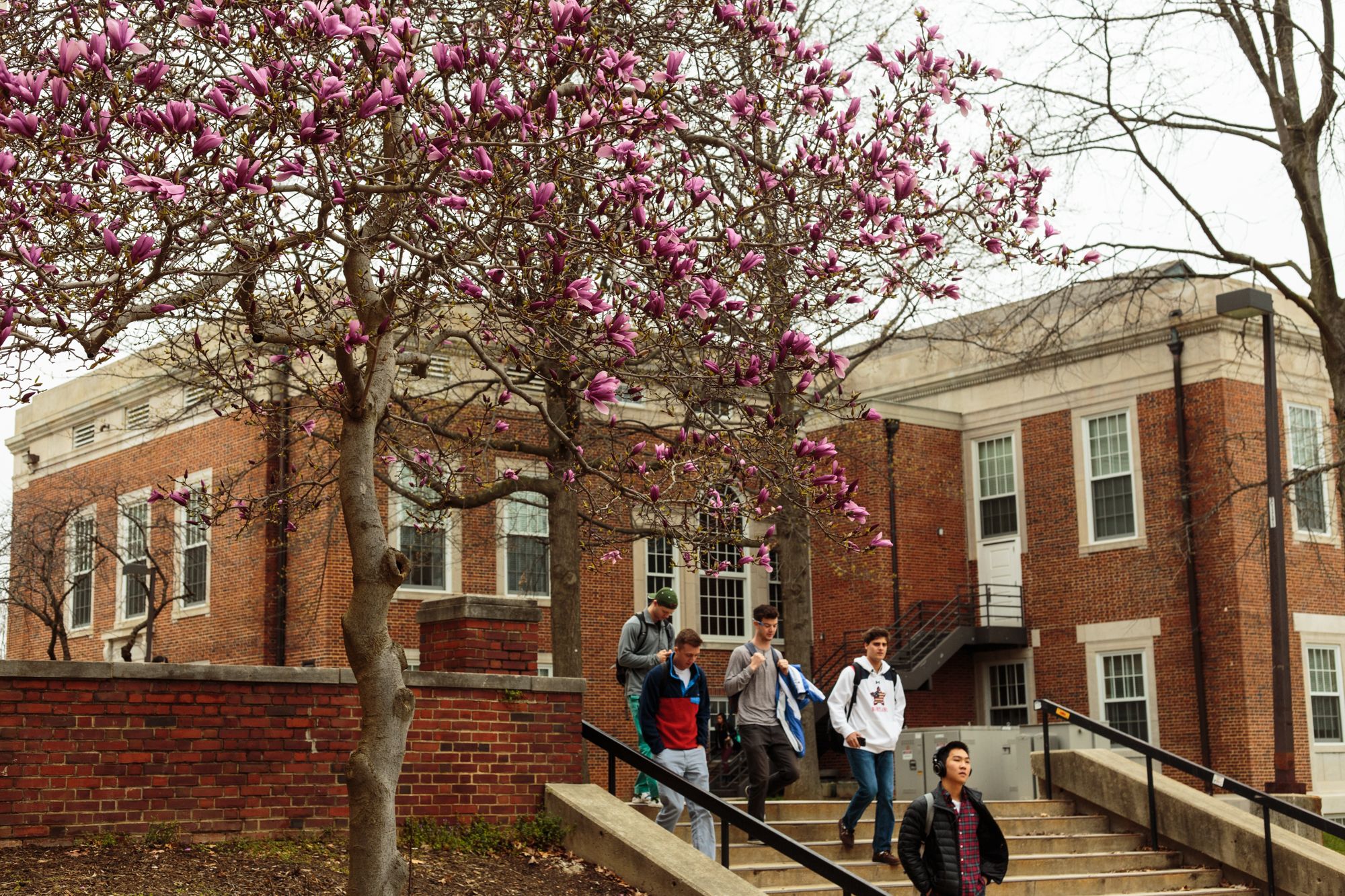Views expressed in opinion columns are the author’s own.
If you’re like me, tax season is accompanied by hours of skimming through business advice blogs trying to navigate retirement funds, 401(k) plans and the principles of investing. A common trope that always seems to pop up is comparing investments to trees.
Nick Murray’s book Simple Wealth, Inevitable Wealth is a perfect example. He compares the growth and stability of a solid investment to a tree: As he writes, “it will give you back air and shade and beauty as it grows — and will go on doing so for your children, after you are gone.”
It’s ironic how frequently trees are used as metaphors for a secure future when our own environmental practices might be hurtling us toward destruction. Beside the obvious consequences for the environment and its resources, the current trajectory of climate change is set to cost the United States economy hundred of billions of dollars by 2100 and threaten the stability of our society.
The investment tree metaphor can easily be reappropriated to show the importance of investing in environmental protection and clean energy sources. The work we do now to implement sustainable practices will ensure a better future for ourselves and generations to come. The regulations we put into place today to protect the environment will become the inheritance of our children. The protection of the species that are facing the risk of extinction? Diversification of assets.
Our society was founded on the principle that land can be altered and used to fit our needs — an unsustainable practice from the point of view of an investor like Murray, who would advise that you must “give the tree enough room.” The less harm we cause the environment by trying to bend it to our needs, the more we will see a return on investment in the resources it naturally supplies and replenishes.
We can learn something about conservation from modern-day hunter-gatherers. Investment in environmental sustainability is second nature for them. Respecting their environment is vital to their own survival, and they’ve developed strong cultural ties to their ancestral land.
Even smaller farming communities are tied in some way to the sustainability of their practices. With an ever-globalizing food industry, large corporations aren’t dependent on these relationships — if one area of land has been stripped clean of resources, they just move on to the next.
It’s time we stop using trees as metaphors and recognize the value of what’s right in front of us. Evaluating the planet’s assets in purely economic terms will cost us more in the long run than showing it the care it needs and respect it deserves. After all, money doesn’t grow on trees — but we can’t make it without them.
Alyssa McKinney is a sophomore electrical engineering major. She can be reached at alyssa.cmck@gmail.com.



